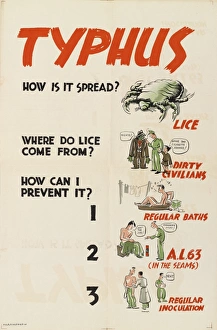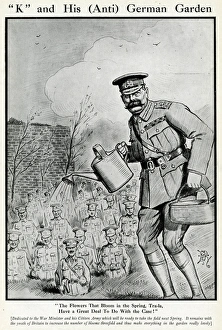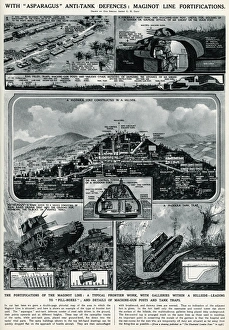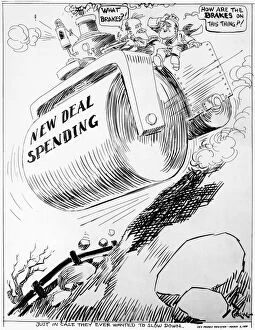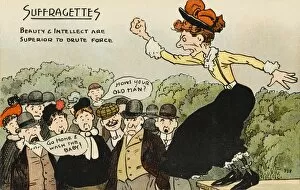Anti Collection (page 9)
"Challenging the Status Quo: Unveiling the Power of Anti" In a world where trust is paramount
All Professionally Made to Order for Quick Shipping
"Challenging the Status Quo: Unveiling the Power of Anti" In a world where trust is paramount, anti-establishment sentiments have often found expression through powerful visuals and messages. Take, for instance, the iconic "Anti-Nixon Poster, 1960. " With a simple yet thought-provoking question - "Would YOU buy a used car from this man?" - it encapsulated the widespread distrust towards Republican presidential candidate Richard Nixon. Similarly, in 1937, Rolex precision watches made their mark with an anti-conformist approach. By defying traditional timekeeping norms and embracing innovation, they became synonymous with those who dared to challenge conventions. Art has long been a medium for dissent and resistance. A Polish anti-war poster simply stated "Nie, " meaning "No" in English. This concise message spoke volumes against violence and conflict. Centuries earlier, in 1555 Germany, Hans Sebald Beham's print titled "Fleisch macht Fleisch (Meat Gives Meat)" challenged societal norms surrounding meat consumption. It questioned the ethics behind exploiting animals for human sustenance. Political movements also harnessed the power of anti-propaganda to rally support or condemn adversaries. An anti-Mau Mau poster from 1952 caricatured rebels to undermine their cause while an Anti-Home Rule postcard aimed to sway public opinion on Irish self-governance. Geopolitical tensions were not immune to such expressions either. Greek-Turkish propaganda postcards during World War I highlighted historical grievances between both nations as part of larger political agendas. During World War II's Battle of Cable Street in London (1936), Metropolitan Police officers faced off against protestors demonstrating against fascist ideologies that threatened social harmony. The event stands as a testament to collective resistance against hate and discrimination. Not all instances of 'anti' are rooted in conflict; some seek preservation or cultural identity instead.



